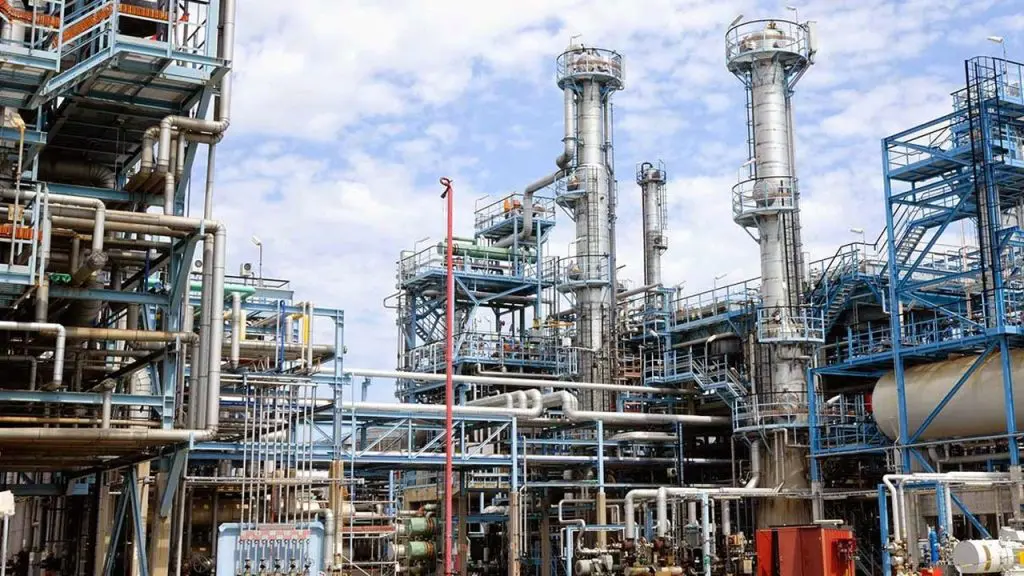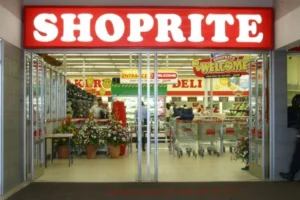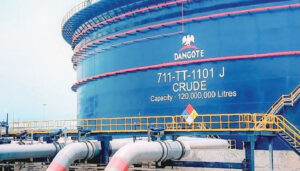
The Port Harcourt Refining Company (PHRC) has clarified that its operations have not been completely halted but temporarily scaled down to address technical improvements. This statement was made on Sunday amidst backlash from the Independent Petroleum Marketers Association of Nigeria (IPMAN), which opposes the reported sale of petrol from the refinery at N1,030 per litre.
Operational Updates
During a facility tour led by PHRC Managing Director Ibrahim Onoja, Executive Director of Operations, Nigerian Pipeline and Storage Company Limited, Moyi Maidunama, stated, “Operations were reduced to implement necessary improvements, not stopped. We are managing the process with available trucks and expect normalcy soon.”
The PHRC has resumed distribution of products, including Premium Motor Spirit (PMS), kerosene, and diesel. Terminal Manager Worlu Joel highlighted challenges with low tanker driver turnout but assured of surplus product availability and operational efficiency.
“If given 100 trucks today, we can evacuate them in under five hours,” Joel emphasized, noting that only three out of 11 loading bays are in use due to their high efficiency.
Managing Director Onoja added that extensive upgrades, including replacing pumps and instrumentation, have significantly enhanced the refinery’s capacity and reliability.
Marketers Resist Pricing
IPMAN has threatened to boycott the refinery’s petrol if sold at N1,030 per litre, a price reportedly higher than that of the Dangote Refinery by N60. Speaking to journalists, IPMAN spokesperson Chinedu Ukadike said, “If the price is indeed N1,030, we won’t buy. We’ll source from cheaper alternatives.”
The Nigerian National Petroleum Company Limited (NNPCL) denied these claims but did not disclose the exact price of PMS from the refinery. NNPCL spokesperson Olufemi Soneye stated that pricing would be reviewed periodically to reflect operational realities, emphasizing that current products are distributed exclusively through NNPC retail outlets.
Industry Perspectives on Pricing and Blending
The Crude Oil Refineries Owners Association of Nigeria (CORAN) argued that blended PMS from the Port Harcourt refinery should be cheaper than directly refined petrol. CORAN Publicity Secretary Eche Idoko noted that blending naphtha with cracked C5 may be cost-effective but raised concerns about environmental impacts, sustainability, and quality standards.
Energy consultant Henry Adigun estimated that blended PMS from the refinery should cost between N860 and N870 per litre, considering the facility’s current production stage. “The refinery isn’t yet capable of producing petrol directly without blending. This is standard practice at various stages of refinery development,” Adigun explained.
While PHRC has resumed operations, concerns about pricing and the blending process remain. As stakeholders await a potential price review, the refinery’s efforts to maintain consistent product distribution and improve operations will be closely monitored.
PH Refinery Resumes Low-Key Operations Amid Price Controversy
The Port Harcourt Refining Company (PHRC) has clarified that its operations have not been completely halted but temporarily scaled down to address technical improvements. This statement was made on Sunday amidst backlash from the Independent Petroleum Marketers Association of Nigeria (IPMAN), which opposes the reported sale of petrol from the refinery at N1,030 per litre.
Operational Updates
During a facility tour led by PHRC Managing Director Ibrahim Onoja, Executive Director of Operations, Nigerian Pipeline and Storage Company Limited, Moyi Maidunama, stated, “Operations were reduced to implement necessary improvements, not stopped. We are managing the process with available trucks and expect normalcy soon.”
The PHRC has resumed distribution of products, including Premium Motor Spirit (PMS), kerosene, and diesel. Terminal Manager Worlu Joel highlighted challenges with low tanker driver turnout but assured of surplus product availability and operational efficiency.
“If given 100 trucks today, we can evacuate them in under five hours,” Joel emphasized, noting that only three out of 11 loading bays are in use due to their high efficiency.
Managing Director Onoja added that extensive upgrades, including replacing pumps and instrumentation, have significantly enhanced the refinery’s capacity and reliability.
Marketers Resist Pricing
IPMAN has threatened to boycott the refinery’s petrol if sold at N1,030 per litre, a price reportedly higher than that of the Dangote Refinery by N60. Speaking to journalists, IPMAN spokesperson Chinedu Ukadike said, “If the price is indeed N1,030, we won’t buy. We’ll source from cheaper alternatives.”
The Nigerian National Petroleum Company Limited (NNPCL) denied these claims but did not disclose the exact price of PMS from the refinery. NNPCL spokesperson Olufemi Soneye stated that pricing would be reviewed periodically to reflect operational realities, emphasizing that current products are distributed exclusively through NNPC retail outlets.
Industry Perspectives on Pricing and Blending
The Crude Oil Refineries Owners Association of Nigeria (CORAN) argued that blended PMS from the Port Harcourt refinery should be cheaper than directly refined petrol. CORAN Publicity Secretary Eche Idoko noted that blending naphtha with cracked C5 may be cost-effective but raised concerns about environmental impacts, sustainability, and quality standards.
Energy consultant Henry Adigun estimated that blended PMS from the refinery should cost between N860 and N870 per litre, considering the facility’s current production stage. “The refinery isn’t yet capable of producing petrol directly without blending. This is standard practice at various stages of refinery development,” Adigun explained.
Challenges and Outlook
While PHRC has resumed operations, concerns about pricing and the blending process remain. As stakeholders await a potential price review, the refinery’s efforts to maintain consistent product distribution and improve operations will be closely monitored.




![[PHOTOS] Arewa Offa, Mustapha Amidat Concludes Skill Acquisition, Exhibition Programme](https://newsbulletin.com.ng/wp-content/uploads/2025/09/IMG-20250920-WA0011-300x300.jpg)



